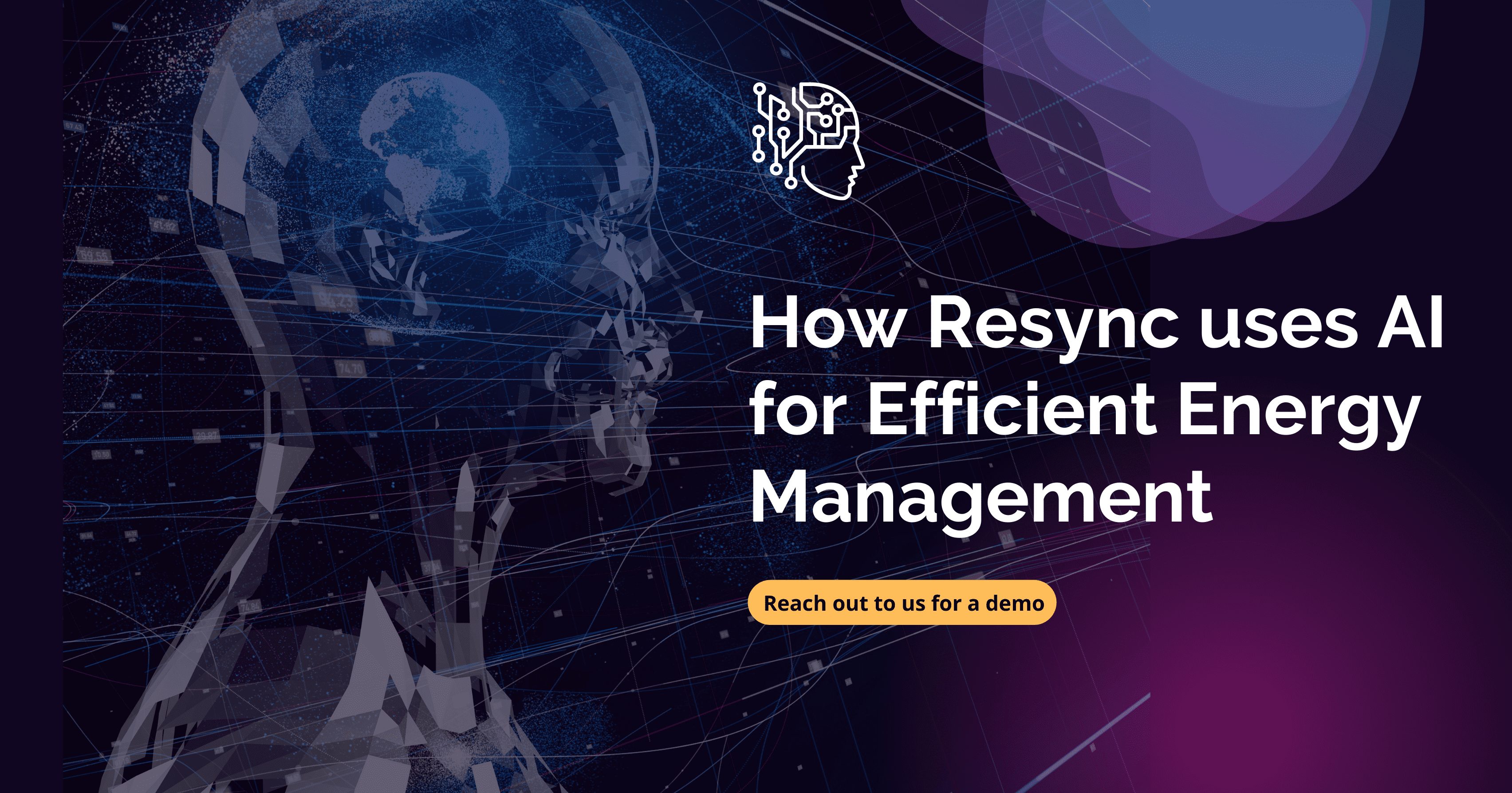3 Benefits of Energy Management Systems
.jpg)
What are Energy Management Systems?
The United Nations Industrial Development Organisation defines Energy Management Systems (EnMS) as “framework[s] for energy consumers, including industrial, commercial and public sector organisations, to manage their energy use”. According to the International Organisation for Standardisation (ISO), it might include “implementing new energy-efficient technologies, reducing energy waste or improving current processes to cut energy costs”.
Organisations are under increasing pressure to regulate their energy usage, as the issue of sustainability becomes a higher priority among both businesses and consumers which has led to greater regulations, impacting many organisations. This is further exacerbated with events like the Ukraine-Russia conflict and the pandemic that have wide-ranging and huge impacts on everyone worldwide, like causing rising costs of water and electricity. Energy management is therefore a financial, social and ecological issue.

How are Energy Management Systems Beneficial?
Energy Management Systems have been proven to provide many advantages to the organisations that use them. Firstly, adopting an EnMS allows companies to gain more knowledge and awareness about their energy consumption, which in turn can lead to positive steps taken to reduce their energy usage and be more sustainable. This is linked to the concept of Nudge Theory, introduced by Richard Thaler and Cass Sunstein in their book ‘Nudge: Improving Decisions about Health, Wealth, and Happiness’. The theory is based on the idea that by shaping the environment, also known as the “choice architecture”, one can influence the likelihood that one option is chosen over another by individuals. A key factor of the theory is “the ability for an individual to maintain freedom of choice and feel in control of the decisions they make”. This concept can be applied to energy management systems, by creating an environment (through smart home/building apps for example) where the individual is ‘nudged’ towards more sustainable and energy-efficient choices while still maintaining autonomy and responsibility over their decisions. With EnMS providing insightful data and analytics about one’s energy consumption through the convenient medium of a mobile app, they are able to have a better understanding of their actual energy use and are more likely to take specific actions based on the information provided.
Another benefit of adopting an EnMS is the significant savings that can be reaped. Lower energy bills can result when there is smarter energy use, and lower costs can mean higher profits for the organisation. This monetary aspect is thus very attractive for building and home owners who are all facing increased electricity bills as it reduces their exposure to volatile energy prices, as already-shown by the likes of inflation, the pandemic and the Russia-Ukraine crisis.
A significant benefit of using an EnMS is the improvement of a facility's performance, which in turn affects many other things, like an organisation's productivity and competitiveness. Such improvement usually comes in the form of increased energy efficiency, which means “using less energy for the same or even increased output”, which in turn can also “improve a company’s competitiveness and productivity more generally”. Implementing an EnMS therefore significantly improves an organisation’s energy performance. Energy efficiency projects that are successful “can also have spill overs, resulting in company-wide improved efficiencies that bring increased value to the company”. Having an EnMS therefore opens the door to many other improvements, as it is a “systematic process for continually improving energy performance and maximising energy savings”. Implementing an EnMS thus helps ensure that energy efficiency improvements do not just happen on a one-time basis, but rather are continuously identified and implemented in a process of constant improvement. An EnMS also optimises companies’ systems and improves overall monitoring of system efficiencies, which can subsequently lead to enhanced production and capacity utilisation, reduced resource use and pollution, and lower operation and maintenance costs, all of which would result in increased value generation and thus competitiveness for the company.
Conclusion
With rising energy costs and sustainability goals being given more attention, implementing an Energy Management System is definitely something that building and home owners should consider. All organisations need to be more competitive, and a part of this is using resources efficiently.
References:
More Related Our Stories

Resync Year 2020 in Review
As Resync persevered and welcomed changes brought about by COVID-19, we had...

3 Ways your Business can Benefit from Energy Management Systems
For many businesses, energy consumption costs make up a significant portion...

How Resync Uses AI for Efficient Energy Management
The global energy market is undergoing a huge transformation. From...
